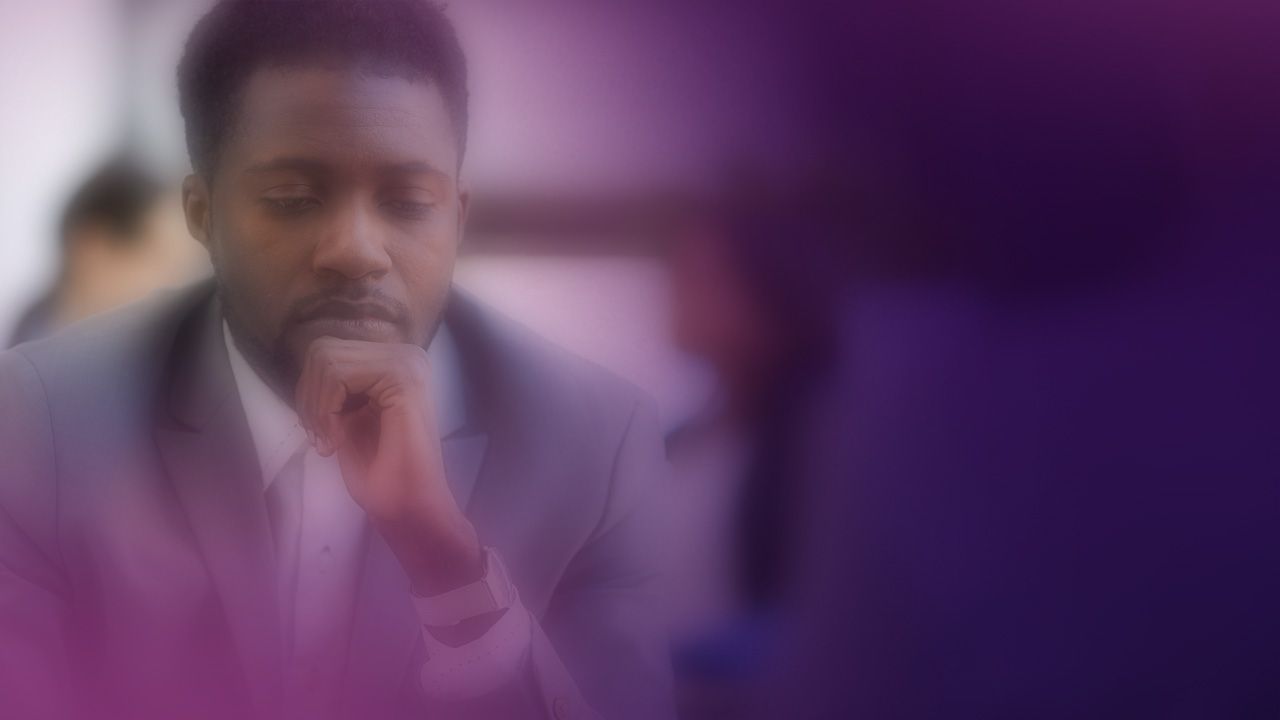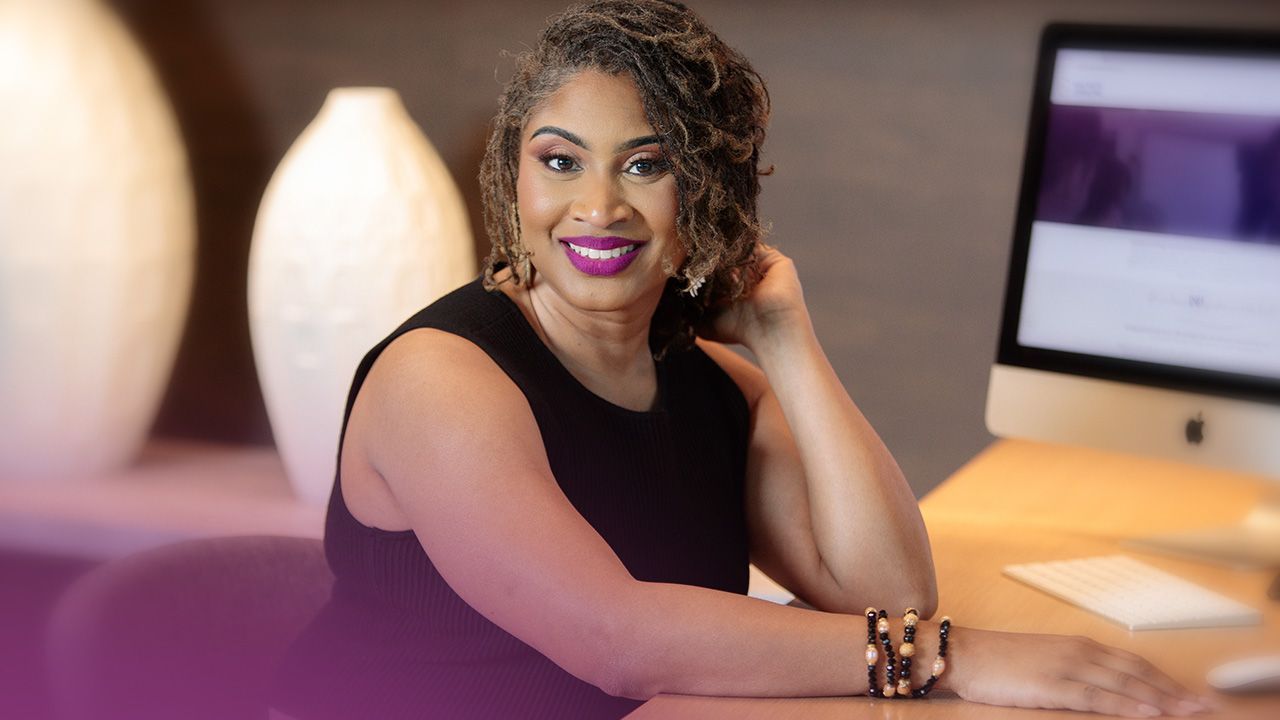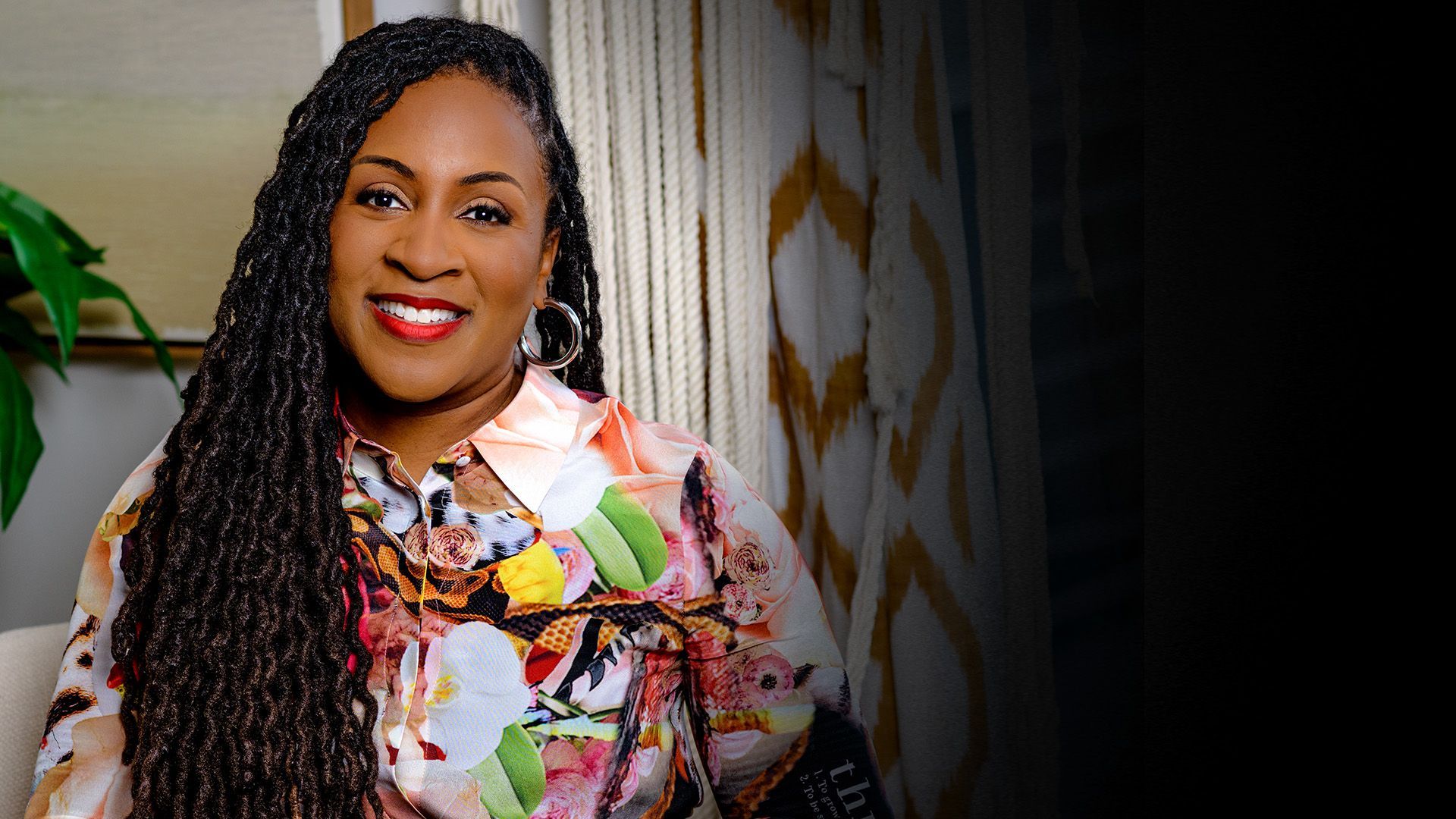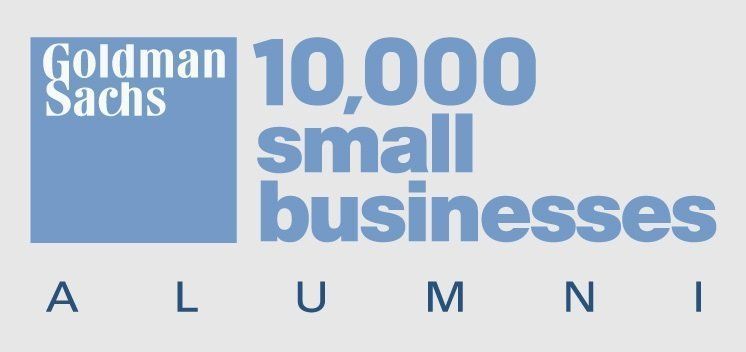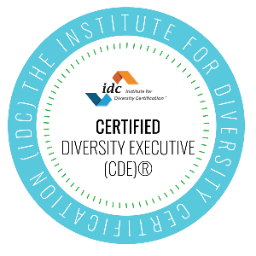There’s No One Way To Be A DEI Practitioner. Why That’s A Good Thing.
What if I told you there’s diversity within DEI? That might seem obvious but what I mean is that no one diversity, equity, and inclusion (DEI) practitioner approaches the work the same or in the singular “right” way. I’m seeing a lot of social media banter about those who think there is only one way to do the work of DEI. It bears repeating: there is diversity within DEI. And that’s a good thing.
To me, the simplification of DEI practitioners to one identity or way of thinking means that like in other professions and disciplines, there’s a lack of true appreciation for diversity. There’s value in having different practitioners approach this work differently to align with the unique needs and challenges of various organizations. I’m personally glad that among the many practitioners in the DEI space there are a multitude of approaches and strategies that I benefit from—and so can your business.
Here are three reasons why having diversity amongst DEI practitioners is a good thing.
Diversity In DEI Keeps The Industry Competitive
I love meeting practitioners who approach the same issue with different lenses. One practitioner might share my vision while another may offer a totally new perspective. Diversity in thought and approach are what make the industry more competitive, and therefore, more effective.
Contrary to popular belief, being in a competitive industry isn’t necessarily a bad thing. There’s so much work to be done in this space that DEI practitioners shouldn’t be afraid of the increased talent. In fact, we should embrace it. There are a few benefits to collaborating in our industry:
* Exchanging knowledge and best practices
* Sharing innovative DEI strategies
* Referring each other to clients who are a better fit
* Power-building around pricing and career mobility
In my opinion, we can all thrive in this ecosystem together while also serving different clients with different needs. By approaching this work with a variety of methods and perspectives, more organizations can be reached by the work and we as practitioners can grow our impact.
Diversity In DEI Helps Practitioners Level Up
Like in all industries, DEI practitioners should have folks to look up to as well as folks to share wisdom with. If we were all approaching this work with the same skill set and level, where would the growth be? In fact, having a variety of professional and personal experiences can make one DEI practitioner a model and another a student. There’s strength in having all of us come from different backgrounds. It allows each of us room for growth and development as we learn and level up our skill sets.
One of my favorite ways to give and share wisdom with other DEI practitioners is by talking with them on my Intentional Conversations Vodcast. Each week, I learn something new from a fellow practitioner which helps inform my growth as a DEI professional and gives me new ideas for my consultancy.
Diversity In DEI Offers Unique Approaches To Common Problems
Organizations come to DEI professionals to solve a myriad of issues. Many of which are common like diversifying the workforce, creating more inclusive spaces, or improving company culture. However, while one organization may need a DEI plan, another might need a strategic thought partner. Having diversity in DEI professionals helps different organizations find unique solutions to their problems.
Communication styles also differ among practitioners. Some organizations prefer a direct, straight-talking approach, while other organizations prefer a more heartfelt and empathetic approach. Having DEI practitioners with different communication styles and ways of approaching this work helps an organization match with the right practitioner for them and their organizational needs.
Just because a DEI practitioner approaches an issue in one way, doesn’t make it right or wrong. There’s more than one way to be successful in this space.
Diversity In DEI Gives Rise To Specialists
Like within other disciplines, it’s good to have specialists for various industries, business models, and causes. There are DEI specialists for education, non-profits, religious institutions, startups, and more. Having DEI practitioners who are specialized in a certain area or industry creates more customized and effective solutions because each practitioner can and should be intimately aware of that industry’s nuances.
Each specialist can be knowledgeable about the unique challenges an organization might face and can approach those challenges with solutions that perhaps a generalist may miss. Issues of DEI are complex and the level of customization that’s needed in this space may require different skill sets and approaches. Specialists can sometimes be the reason why a previous approach didn’t work while the current approach is a resounding success.
Final Thoughts
Despite the social media banter putting all DEI practitioners into one bucket, I’m hopeful that more DEI professionals will show up authentically and uniquely in their work. I want more professionals to shine in their respective areas and work with clients who see the value in their vision and approach.
I truly believe there’s enough space for all types of DEI practitioners–heartfelt practitioners, innovative practitioners, tough love practitioners, and everyone in between. We can all thrive and work with different organizations that value our unique perspectives. The key is to not shame different practitioners for their personal styles and to remain open to the benefits of organizations having options to find the right DEI practitioner that fits their needs.



